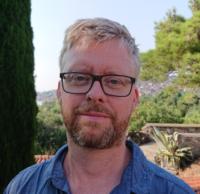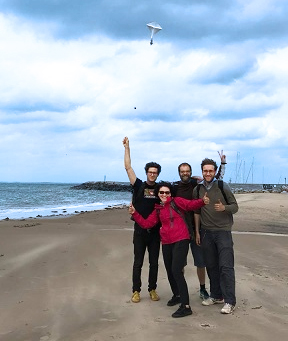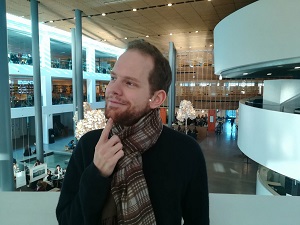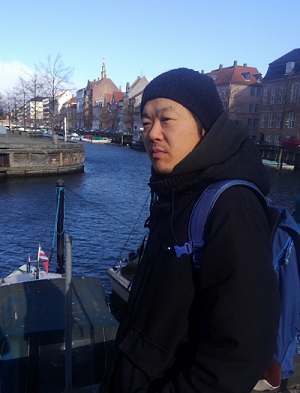
Based on their press releases, it seems Boeing believes their new, updated software can resolve the issues with the 737 Max aircraft. And the FC Barcelona soccer team seems to think they will win La Liga next year. But wait: can corporations and sports teams really believe things? Goalkeepers and CEOs can, of course. But can groups really have beliefs over and above the beliefs of the individual members of the group? Quite a few philosophers seem to think so, including some with phenomenological credentials. And many of them seem to think they can comfortably maintain those views while acknowledging that there is no such thing as a group consciousness, over and above the consciousness of individual members.
Together with my good friend and former colleague Alessandro Salice, now at UC Cork, I set out to investigate whether this combination of views is a stable resting place. Our conclusion: it is not!
In a recently published paper, we argue that a state is not a belief unless the owner of the state is disposed to access the state’s content in a corresponding conscious judgment. Thus, if there is no such thing as Barça team consciousness, then we cannot literally ascribe beliefs to the team.
It may seem a tall order to ascribe phenomenal consciousness to the Barça soccer team. Personally, I am not inclined to think there is any such thing as a group consciousness. But nothing in our paper actually challenges that view. And at any rate, whether or not there is a Barça consciousness, surely no one will dispute the existence of the Barça spirit!
Curious to find out more? You can access our paper (free of charge) here: https://rdcu.be/bo9UE
 From 18 to 28 February 2019 I enjoyed a productive and inspiring visit at the Center for Subjectivity Research, supported by research funding from the German Academic Exchange Service and a Graduate Student Support Grant from Fordham University. Spring even came early in Copenhagen this year, perhaps as partial compensation for the dreary winter I spent here in 2016.
From 18 to 28 February 2019 I enjoyed a productive and inspiring visit at the Center for Subjectivity Research, supported by research funding from the German Academic Exchange Service and a Graduate Student Support Grant from Fordham University. Spring even came early in Copenhagen this year, perhaps as partial compensation for the dreary winter I spent here in 2016. My eventful and rewarding stay in Copenhagen came to an end late last year after spending almost four months at the CFS as a visiting PhD researcher. I had time and the perfect environment to concentrate on both areas of my current research: phenomenological methodology and study of selfhood. What is more, I was fortunate to have the generous support and brilliant company of the CFS staff and co-visitors alike.
My eventful and rewarding stay in Copenhagen came to an end late last year after spending almost four months at the CFS as a visiting PhD researcher. I had time and the perfect environment to concentrate on both areas of my current research: phenomenological methodology and study of selfhood. What is more, I was fortunate to have the generous support and brilliant company of the CFS staff and co-visitors alike.

 My time as a visiting researcher at the CfS in wonderful, wonderful Copenhagen is almost at an end. I was here with my family on a six-months postdoc research grant provided by the DAAD – and not only have we enjoyed our sojourn immensely, I also feel that I’ve managed to make a lot of headway on my philosophical projects, the gist of which I will outline below.
My time as a visiting researcher at the CfS in wonderful, wonderful Copenhagen is almost at an end. I was here with my family on a six-months postdoc research grant provided by the DAAD – and not only have we enjoyed our sojourn immensely, I also feel that I’ve managed to make a lot of headway on my philosophical projects, the gist of which I will outline below. My five-month stay at the CFS came to an end this week. This was my sabbatical leave, and I am convinced that I made the best choice about where to spend it. Both during official discussions in weekly research seminars and over casual conversation at lunch or in the office kitchen, I gained a lot of important information, suggestions, and philosophical insights relating to my research project: phenomenological perspectives on implicit bias.
My five-month stay at the CFS came to an end this week. This was my sabbatical leave, and I am convinced that I made the best choice about where to spend it. Both during official discussions in weekly research seminars and over casual conversation at lunch or in the office kitchen, I gained a lot of important information, suggestions, and philosophical insights relating to my research project: phenomenological perspectives on implicit bias.